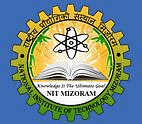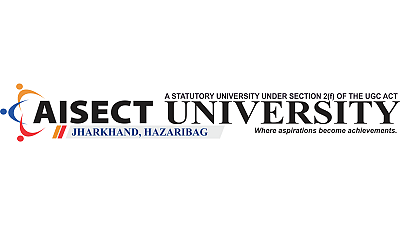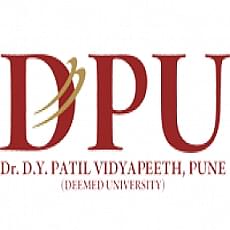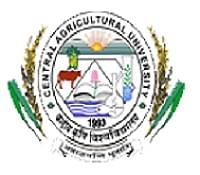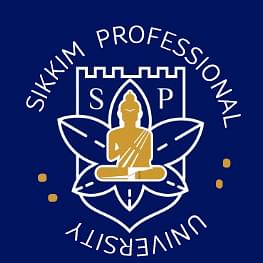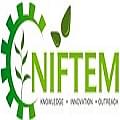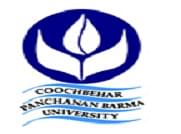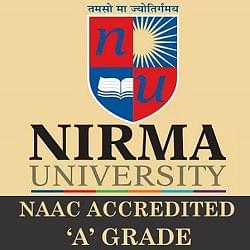Introduction to Ph.D. in Marine Biology
A Ph.D. in Marine
Biology is an advanced research degree that focuses on the study of marine
organisms, their behaviors, and their interactions with the environment. This
interdisciplinary field incorporates aspects of biology, ecology, chemistry,
geology, and oceanography. Graduates of this program are prepared for careers
in academia, research institutions, environmental consulting, governmental
agencies, and non-profit organizations focused on marine conservation.
Admission Process for Ph.D. in Marine Biology
The admission
process for a Ph.D. in Marine Biology typically includes the following steps:
Prerequisites and
Eligibility:
A Master's degree
in Marine Biology, Biology, Environmental Science, or a related field.
A strong academic
record, usually with a minimum GPA requirement (often around 3.0-3.5 on a 4.0
scale).
Application
Submission:
Completed
application form.
Official
transcripts from all post-secondary institutions attended.
Letters of
recommendation (typically 2-3) from academic or professional references.
A statement of
purpose outlining research interests, career goals, and reasons for pursuing
the Ph.D.
A current CV or
resume.
Standardized Tests:
Some programs may
require GRE scores, although this requirement is becoming less common.
Writing Sample:
A sample of
academic writing, such as a research paper or thesis, that demonstrates the
applicant's research skills and knowledge of marine biology.
Interview:
Shortlisted
candidates may be invited for an interview, either in-person or online, to
discuss their research interests and fit for the program.
Syllabus for Ph.D. in
Marine Biology
The syllabus for a
Ph.D. in Marine Biology varies by institution, but it generally includes the
following components:
Core Courses:
Marine Ecology: Study of the interactions between marine
organisms and their environment.
Oceanography: Examination of the physical and chemical
properties of the ocean.
Marine Conservation
Biology: Focus on the
principles and practices of conserving marine biodiversity.
Research Methods
and Statistics: Training in
experimental design, data analysis, and statistical methods used in marine
biology research.
Specialized
Electives:
Marine
Biotechnology: Exploration
of biotechnological applications involving marine organisms.
Marine Evolutionary
Biology: Study of the
evolutionary processes that shape marine biodiversity.
Marine Microbiology: Investigation of the roles and functions
of microorganisms in marine environments.
Fisheries Science: Analysis of fish populations, fisheries
management, and sustainable practices.
Fieldwork and
Laboratory Research:
Field Techniques: Practical training in field research
methods, including diving, sampling, and remote sensing.
Laboratory
Techniques: Hands-on
experience with laboratory equipment and techniques used in marine biology
research.
Research and
Dissertation:
Dissertation
Research: Conducting
original research under the guidance of a faculty advisor, culminating in a
doctoral dissertation.
Research Seminars: Participation in seminars to present
research findings and engage with current literature in marine biology.
Teaching and
Professional Development:
Teaching Practicum: Gaining experience in teaching
undergraduate or graduate courses.
Professional
Development Workshops:
Training in grant writing, academic publishing, and other professional skills.





